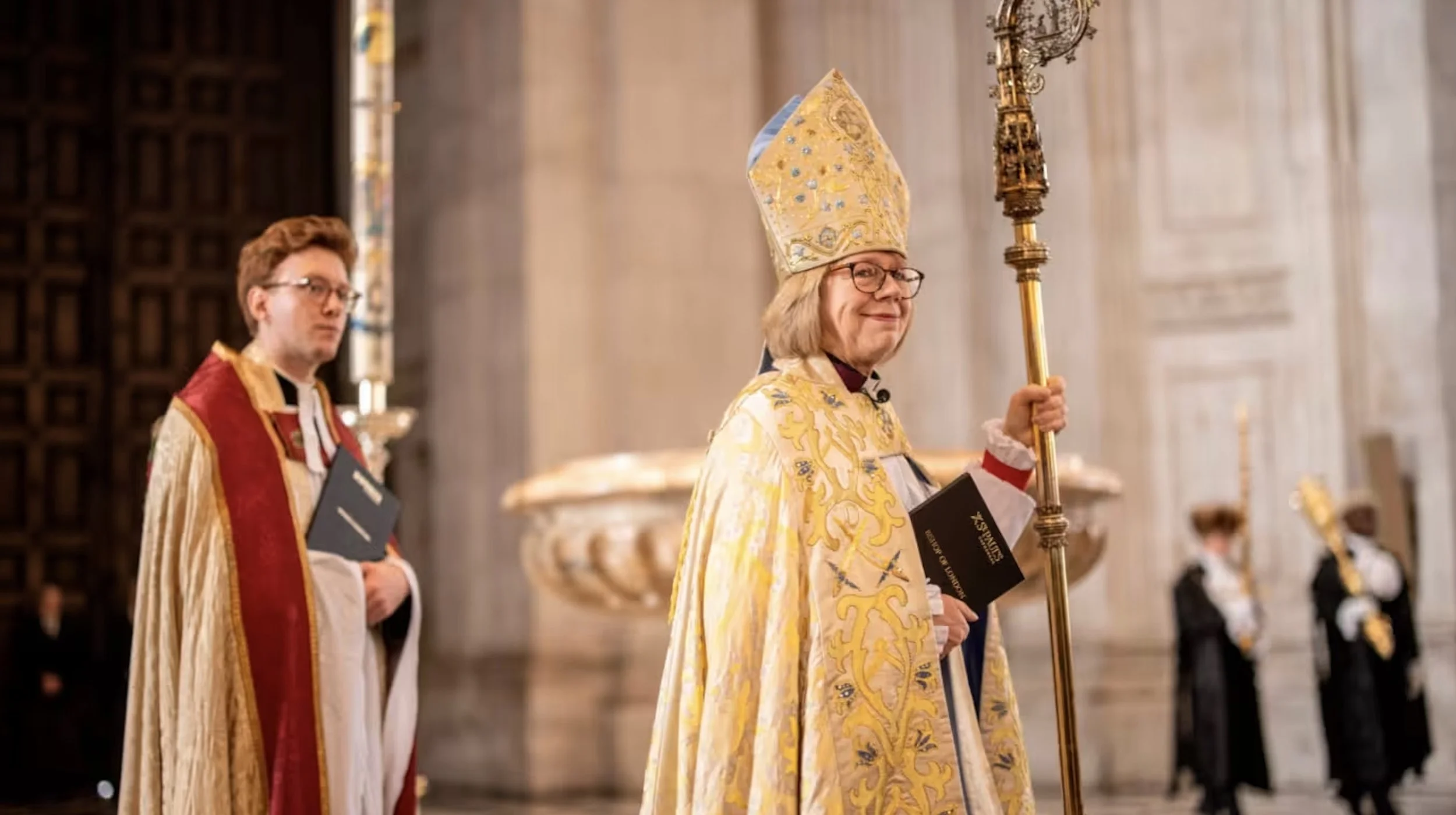What should the real Anglicans do (revisited)
The global Anglican church has been at the crossroads for decades; finally, the separation has come, and it’s a good thing. Here’s an edited version of a post I wrote in 2008. The advice still holds.
It is no exaggeration to say that the global Anglican church is at a crossroads facing its greatest crisis since the Reformation. It's been there at least since the 1998 Lambeth Conference, when the vast majority of Anglican bishops worldwide rejected homosexual practice as incompatible with Scripture.
Despite this, the Episcopal church in the US and the Anglican Church in Canada have pursued an agenda of acceptance of homosexuality and the ordination of practicing homosexual clergy.
A decade later, at next July's Lambeth Conference, the battle over the nature of the Anglican communion will continue. The church is going through a painful and protracted identity crisis. Whatever happens at Lambeth, this crisis will not go away.
So what is to be done? What is the future for the world's 82 million Anglicans (now around 100 million)?
Here are some suggestions from a movement’s perspective. A word of qualification, I am not an Anglican. These are the musings of a concerned outsider who none-the-less loves the Anglican church.
1. Return to who you are.
Movements are renewed by making an innovative return to tradition. Rediscover the essence of the Anglican tradition in it's unity and diversity. Here's a good start from JI Packer: Who We Are and Where We Stand.
2. Don't forget innovation!
Returning to your tradition is only half of the equation. You must make an innovative return. Institutions spend an inordinate amount of energy on non-essential traditions. In contrast, movements are willing to change everything except their core beliefs in pursuit of their mission.
3. Say goodbye to the hegemony of the West.
It's time to catch up to what God is doing around the rest of the world and learn from it. Read the story of Archbishop Peter Akinola and the amazing growth of the Anglican church of Nigeria. Peter Jenkins demonstrates that throughout the Global South, it is a biblically orthodox version of the Christian faith that is capturing the hearts of ordinary people. There lies the future of the Anglican church.
4. Remember John Wesley
John Wesley was born and died an Anglican. Unfortunately, the Anglican church of the day was not big enough to contain him. He once said, “I love the rites and ceremonies of the Church. But I see, well-pleased, that our great Lord can work without them.”
Wesley was a loyal Anglican, but when the clergy forbade him to preach in “their” parishes, he proclaimed, “The world is my parish!” and preached without their permission to thousands who gladly heard him and joined the Methodists.
5. Make room for more Wesleys
Expect God to raise a new generation of John Wesleys. Is the Anglican church big enough to give them room? What should happen when a bishop seeks to block the planting of a new church by Anglicans in “his” diocese despite its decline? Will they be given room?
6. Pour fuel on the fire
Where is the Anglican church prospering? Where are lives being transformed by the Gospel? Where are disciples being made? Where are pioneering leaders to be found? Where are churches being planted? Where is God at work? Go there and learn.
Devour the writings of Roland Allen, CMS missionary and mission strategist. Almost a century ago, he wrote Missionary Methods: St. Paul's or Ours? And we still haven't got the message.
7. Have some grandchildren
Having grandchildren is an excellent way to become young again, vicariously. The Anglican church has already birthed a dynamic movement called Methodism. Why not do it intentionally? That's what the Southern Baptists are doing in world missions. They are planting indigenous churches that are biblically orthodox but not necessarily Southern Baptist.
8. Consider your heroes
The Anglican church has produced some great leaders throughout its history: John Wesley, Charles Simeon, William Wilberforce, Henry Martyn, Roland Allen, Samuel Ajayi Crowther, Wilson Carlile, CS Lewis, John Stott, David Watson, and others.
Study their lives. Tell and retell their stories and the lessons from their lives to a new generation.
9. Plant some trees
The best time to plant a tree? Twenty years ago. The second-best time? Now.
Charles Simeon was the pastor of the Anglican church at Cambridge for 50 years. When he began in 1782, there were only a dozen evangelical ministers left in the Church of England. When he finished 54 years later, one in three Anglican churches was led by evangelicals. The vast majority of them were men influenced by Simeon in Cambridge. Many of them were converted through him.
10. Thank God for the Episcopalians
We can be thankful that the Episcopalians in the US provide an insight into the future of the Anglican church. . . if the decline continues. The Episcopalians are in free fall. In 2008, they led the way with the fastest rate of denominational decline in the US.
Why would that be?
According to Bishop Katharine Jefferts Schori, Episcopalians aren't interested in replenishing their ranks by having children. “They tend to be better-educated and tend to reproduce at lower rates than some other denominations.” You've got to give her credit for creativity.
Is that the future you want for the rest of the Anglican church?

